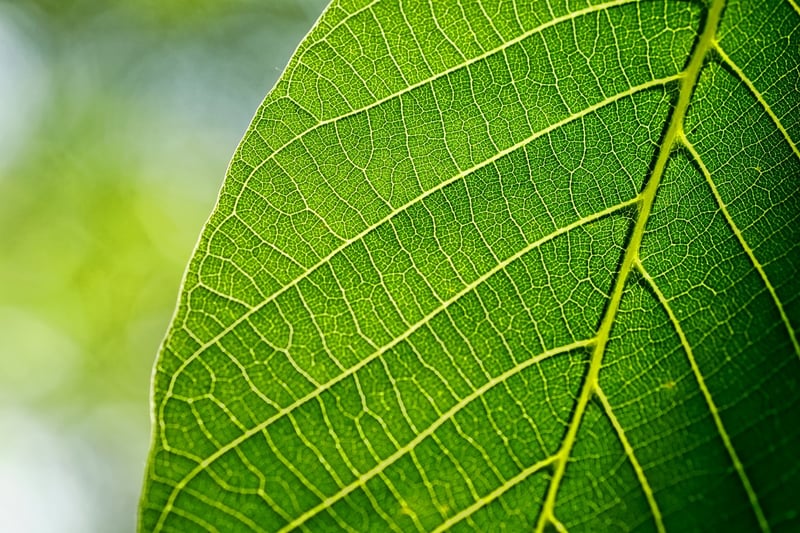Pest Control
Ensuring Plant Health + Pest Control
Plants are not just a source of beauty; they also play a crucial role in maintaining a healthy environment. Ensuring the health of your plants is essential for their growth and longevity. One of the key aspects of plant care is effective pest control. By managing pests properly, you can prevent damage and promote the well-being of your plants.
Importance of Plant Health
Healthy plants are more resistant to diseases and pests, allowing them to thrive and fulfill their purpose in your garden or indoor space. Properly cared for plants also contribute to cleaner air and a more pleasant atmosphere.
Signs of Plant Pests
It's essential to be able to identify common signs of plant pests to take action promptly. Look out for yellowing or wilting leaves, holes in leaves, sticky residue on plants, or visible pests such as insects or larvae.
Methods of Pest Control
There are various methods you can use to control pests and protect your plants:
- Natural Predators: Introduce beneficial insects like ladybugs or lacewings that feed on plant pests.
- Neem Oil: A natural oil that can be used to suffocate and deter pests.
- Organic Sprays: Homemade or store-bought sprays using ingredients like soap or garlic can repel pests.
- Cultural Practices: Proper watering, pruning, and maintaining plant health can reduce pest problems.
Preventive Measures
Prevention is key to effective pest control. Regularly inspect your plants, keep your garden clean, avoid over-fertilizing, and quarantine new plants to prevent introducing pests.
Conclusion
By prioritizing plant health and implementing proactive pest control measures, you can ensure the vibrancy and longevity of your plants. Remember, a healthy plant is a happy plant!


For more information on plant health and pest control, visit Pest Control Technology.
